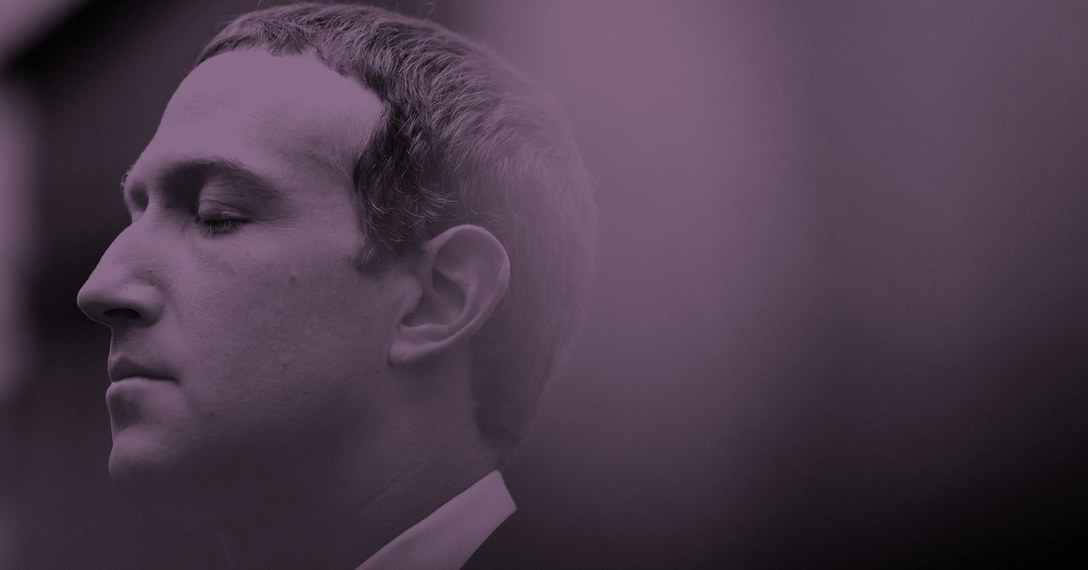It was squandered, as many writers have pointed out, by engineers and CEOs who opted for profit over people at every turn with seemingly no consequences. As these people’s role in creating a physical and digital world built on surveillance, harassment, and child labor has become more clear, we’ve seen a wave of pseudo apologies for the tools and decisions that got us here. For the past few years, the men (and it’s almost entirely men) who built this digital hellscape have been on a veritable atonement tour.
Chris Wetherell fessed up to the RT button on Twitter’s being perhaps a bad idea. Facebook cofounder Chris Hughes admitted that Facebook had become too powerful. Another former Facebook employee, Sandy Parakilas, admitted that the company had no real interest in protecting user data. Ethan Zuckerman took credit, and blame, for his role in building an ad-supported internet (and coding the first popup ad). Guillaume Chaslot, a former YouTube engineer, revealed just how bad and biased the site’s algorithm has become. Loren Brichter, who helped invent the infinite scroll, made his regrets public. Even Mark Zuckerberg uttered the words “I’m sorry” in congressional testimony.
Yet none of it feels satisfying. Perhaps it’s because many of these apologies only happen when these men have something else to promote, like a book, a TED talk, or a new company. (Writer Audrey Watters has termed this lucrative side business the “regrets industry.”) Perhaps it’s because most of these men are still incredibly wealthy, thanks in large part to the decisions they’re theoretically apologizing for. Perhaps it’s because, Zuckerberg aside, they almost never actually say the magic phrase that every child learns: “I’m sorry.” Or perhaps it’s because it would be impossible for one person to apologize for the current state of the internet.
Sourced through Scoop.it from: www.wired.com



Leave A Comment